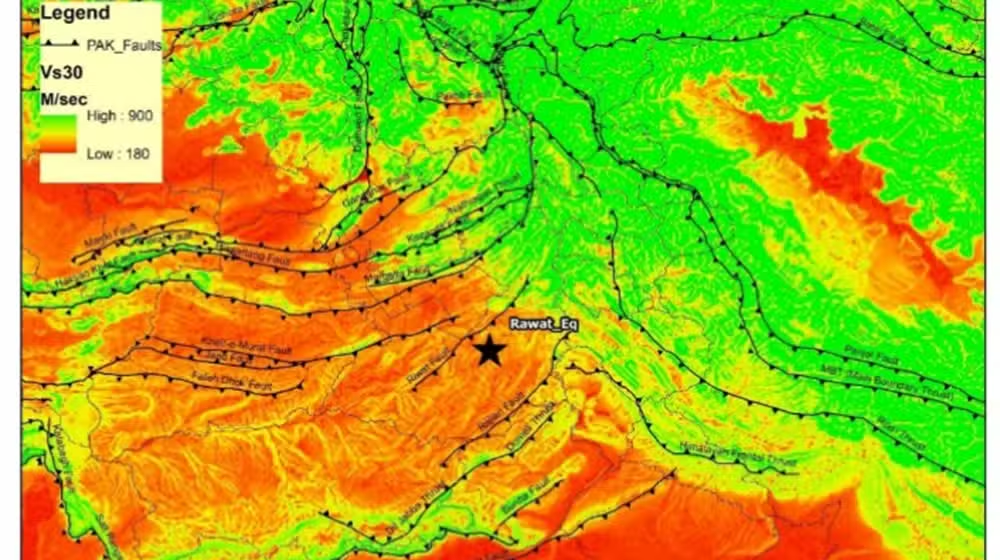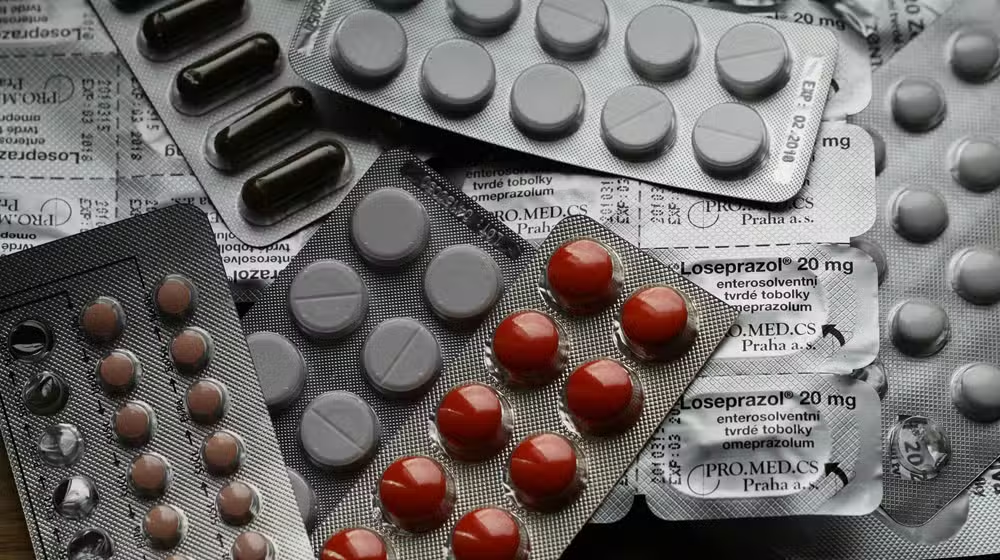Pakistan & China Launch Modern Farming Lab to Boost Agricultural Innovation

A Landmark in Smart Agriculture Collaboration
In a historic move, Pakistan and China have jointly launched a Modern Farming Lab, marking a major milestone in smart agriculture development. This Modern Farming Lab was inaugurated at the University of Agriculture Faisalabad (UAF), signaling a new era in crop production, precision farming, and technological integration.
The Modern Farming Lab focuses on harnessing artificial intelligence (AI), drone technology, and data science to boost productivity and efficiency. Its launch reflects both nations’ commitment to helping Pakistan’s farmers adopt sustainable and profitable farming practices.
Strategic Goals of the Modern Farming Lab
The primary objective of the Modern Farming Lab is to modernize traditional agricultural practices. It aims to:
-
Implement drone-based spraying and crop monitoring systems
-
Use crop health analytics and smart irrigation tools
-
Provide real-time insights for fertilizer and pesticide application
-
Reduce input costs while increasing yields
By equipping farmers with actionable data, the Modern Farming Lab is set to transform agricultural outputs across Punjab and beyond.
Key Features and Technologies
This Modern Farming Lab is equipped with cutting-edge features:
-
High-throughput plant phenotyping using computer vision
-
Crop health and yield mapping supported by satellite imagery
-
AI-driven irrigation and fertilization guidance
-
Drone-enabled pest detection and spraying
-
Weather-integrated forecasting tools like the Kissan Weather app
These features enable precision farming that aligns with global best practices while catering to local realities.
Background and Launch Details
The Modern Farming Lab was formally inaugurated in May 2024 by UAF Vice Chancellor Dr. Iqrar Ahmad Khan and Dr. Wu Jun, CEO of CAS Cogniser, China. The ceremony also featured key stakeholders from UAF, China, and national organizations Pakistan Today+10Dawn+10The Express Tribune+10en.ce.cn+5Pakistan Today+5South Asia Times+5The Khyber Mail+1The Nation+1.
Officials emphasized how the Modern Farming Lab would bridge the gap between research and field application, bringing cutting-edge agricultural technology directly to rural communities. Representatives also highlighted the benefit of integrating AI with traditional farming methods, especially in arid and semi-arid regions The NationThe Nation.
Impact and Pilot Implementation
So far, around 600 farmers in Punjab have participated in pilot programs driven by the Modern Farming Lab. Initial results show enhanced crop health monitoring, reduced fertilizer usage, and better water management—particularly impactful in water-scarce regions Associated Press of Pakistan+2The Khyber Mail+2The Nation+2.
Dr. Saqib Ali, head of the lab’s Precision Agriculture initiative, noted that farmers experienced increased yields with fewer inputs, thanks to precise fertilizer and irrigation recommendations derived from AI analysis The Express Tribune.
Industry-Academia Collaboration and Skill Transfer
An essential function of the Modern Farming Lab is to foster strong academia-industry partnerships and to cultivate talent. The lab facilitates exchange programs and internships, while postdoctoral fellows receive training in China to develop skills in AI and intelligent agriculture Pakistan Today+2South Asia Times+2The Nation+2.
Additionally, the lab provides instructional content—including guides and audiovisual materials—in local languages to ensure accessibility. This emphasis on practical training allows farmers to effectively adopt new technologies with confidence.
Broader Strategic Significance
Pakistan’s agriculture sector contributes roughly 23% of national GDP and employs a substantial portion of the workforce. With mounting challenges like climate change, water stress, and yet untapped yield potential, the Modern Farming Lab focuses on enabling sustainable growth and resilience South Asia TimesThe Nation.
Collaboration with Chinese institutions ensures access to proven water-saving and smart farming technologies, especially valuable in arid regions where traditional methods are no longer adequate The Nation.
Addressing Food Security and Climate Threats
The Modern Farming Lab aims to safeguard food production in the face of increasing climate variability. Drones and AI models help forecast pest outbreaks, monitor soil moisture, and optimize planting decisions—all vital tools for a country vulnerable to extreme weather events The NationSouth Asia Times.
This aligns with Pakistan’s broader goal of food security and export readiness. By enabling precision agriculture, the lab supports efforts to reduce losses and increase crop quality for both local and international markets.
Farmer Voices and Adoption Stories
Local farmers who have participated in pilot trials share optimistic feedback. One Punjab-based farmer noted:
“This technology seemed complex at first, but support in our native language helped us understand. Now we accurately manage water and fertilizer, avoiding waste and boosting yield,” Associated Press of Pakistan+3The Khyber Mail+3South Asia Times+3.
Such testimonies highlight the lab’s role in building farmer trust and acceptance of modern technologies.
Future Outlook and Expansion Plans
Going forward, the Modern Farming Lab plans to expand its outreach to more villages across Punjab, Khyber Pakhtunkhwa, and Sindh. There are also efforts to develop demonstration centers where farmers can directly experience drone spraying, AI-guided planting, and real-time field analytics.
Officials anticipate that scaling the Modern Farming Lab to over 25,000 villages could revolutionize Pakistan’s agricultural productivity and crop resilience



